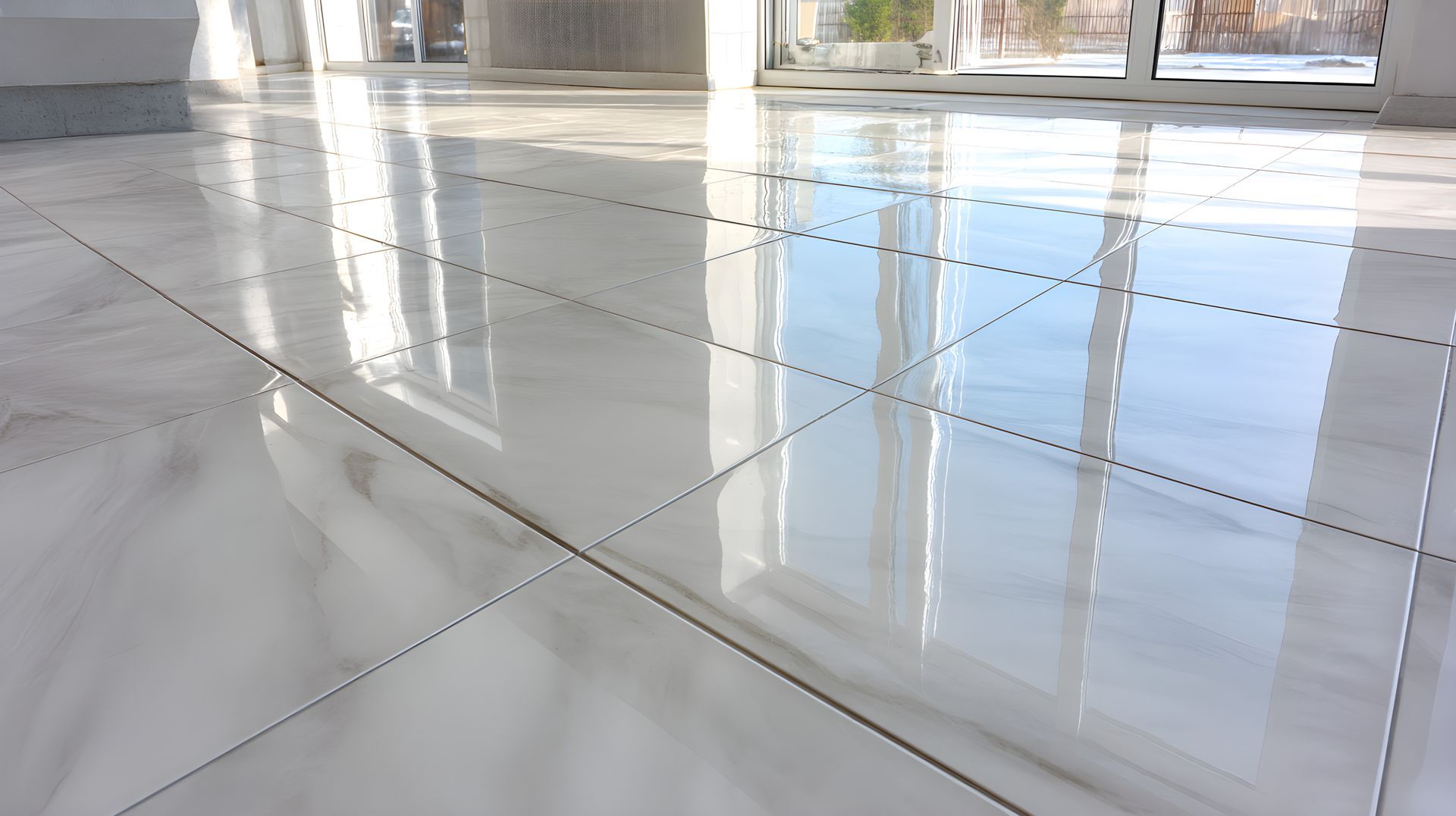Preserving the Timeless Elegance: A Comprehensive Guide to Weathering and Care of Natural Stone Surfaces
Natural stone, with its timeless beauty and durability, is a favored choice for both interior and exterior surfaces. However, the forces of nature can take a toll on these stunning materials over time. We will delve into the phenomenon of weathering and its effects on natural stone. Furthermore, we will explore preventative measures and repair techniques to help you preserve the elegance of your stone surfaces.
The Power of Nature: How Weathering Affects Natural Stone
Natural stone is formed over thousands or even millions of years through geological processes. When exposed to the elements, it faces various forms of weathering, including physical, chemical, and biological forces.
- Physical Weathering: Wind, water, and temperature fluctuations can cause physical wear and tear on natural stone surfaces. Freeze-thaw cycles, for instance, can lead to cracks and fissures as water seeps into pores and expands upon freezing. Wind-blown debris and sand can also erode the stone's surface gradually.
- Chemical Weathering: Airborne pollutants, acids, and chemicals in rainwater can chemically react with minerals in the stone, causing discoloration, pitting, and even dissolution. This is particularly evident in urban environments where pollution levels are higher.
- Biological Weathering: Organisms like moss, algae, and lichens can find a foothold on natural stone surfaces, accelerating the breakdown process. Their growth can lead to staining, as well as physical damage as their roots penetrate the stone.
Preventative Measures: Shielding Your Stone from the Elements
Preventing weathering starts with proper installation and regular maintenance.
- Sealing: Applying a high-quality sealant helps repel moisture and pollutants, reducing the risk of chemical and freeze-thaw damage. Consult with professionals to determine the right sealant for your specific type of natural stone.
- Cleaning and Regular Inspections: Routine cleaning and inspections help detect early signs of wear. Promptly remove debris, stains, and biological growth to prevent long-term damage.
- Proper Drainage: Ensure that water drains away from your stone surfaces. Improper drainage can lead to water pooling, which accelerates weathering.
- Avoid Harsh Chemicals: When cleaning, use pH-neutral cleaners recommended for natural stone. Harsh chemicals can exacerbate chemical weathering.
Repairing the Effects of Weathering: Restoring Stone Surfaces
In cases where weathering has taken its toll, restoration becomes necessary.
- Cleaning and Repair: A thorough cleaning by professionals can remove accumulated dirt, stains, and biological growth. Cracks and fissures can be filled and repaired using suitable materials.
- Resurfacing and Polishing: For surfaces with significant wear, resurfacing can restore the stone's smoothness. Polishing can bring back its original luster.
- Biological Growth Removal: Professionals can safely remove moss, algae, and lichens, ensuring their complete eradication to prevent future growth.
Natural stone's enduring charm doesn't exempt it from the effects of weathering. However, armed with knowledge about weathering's causes and its prevention and repair, you can enjoy the beauty of your stone surfaces for years to come. Regular maintenance, smart preventative measures, and timely professional intervention can ensure that your natural stone remains a testament to nature's beauty and your care.


